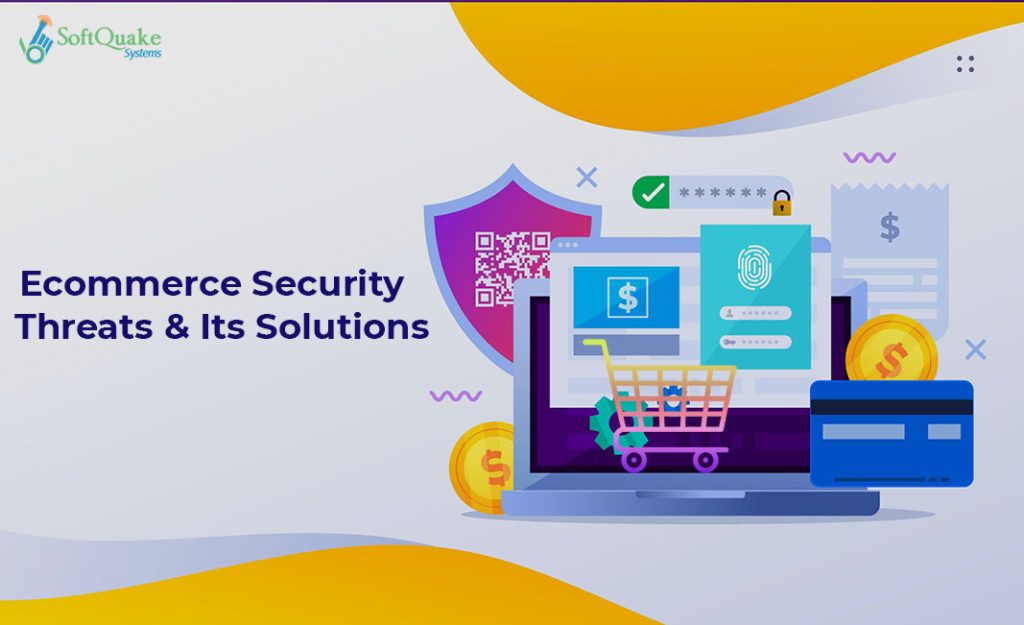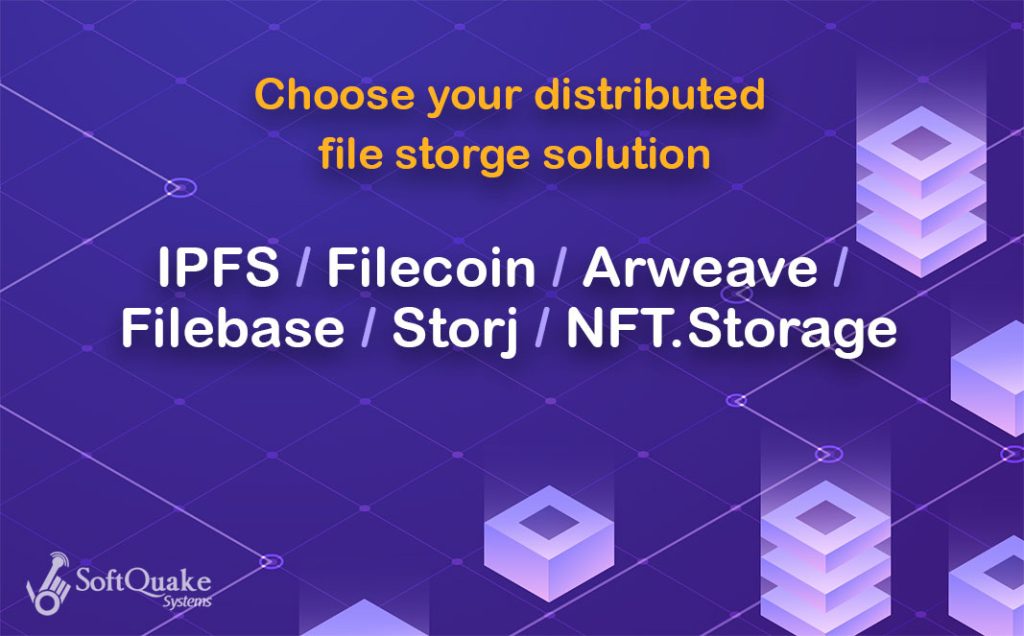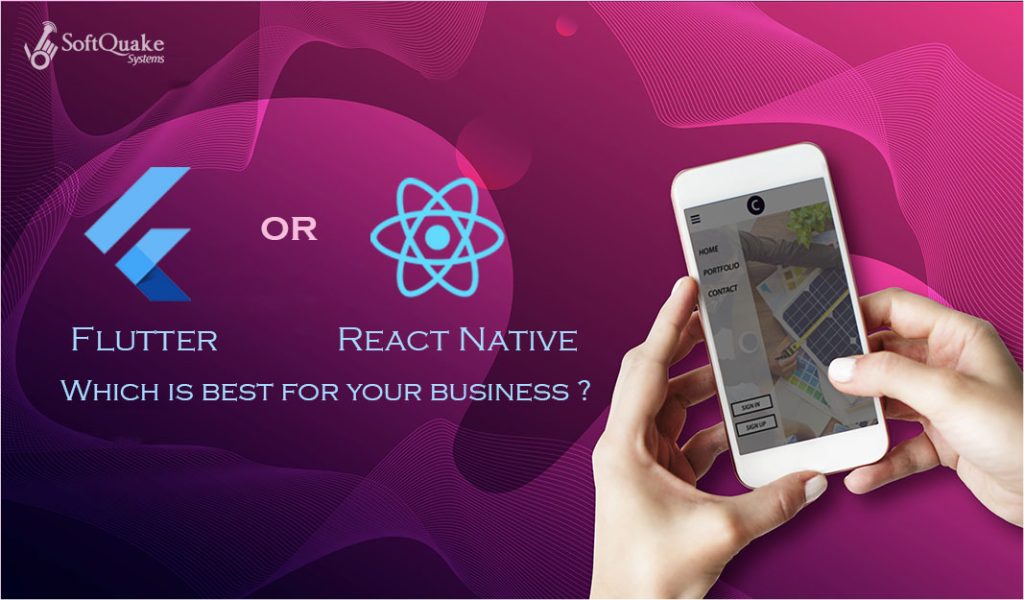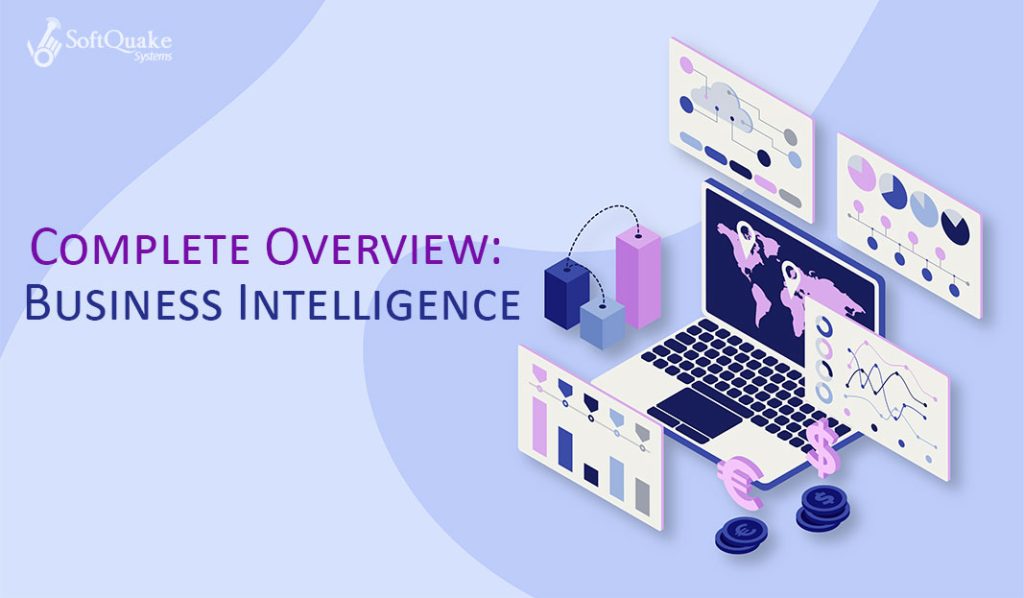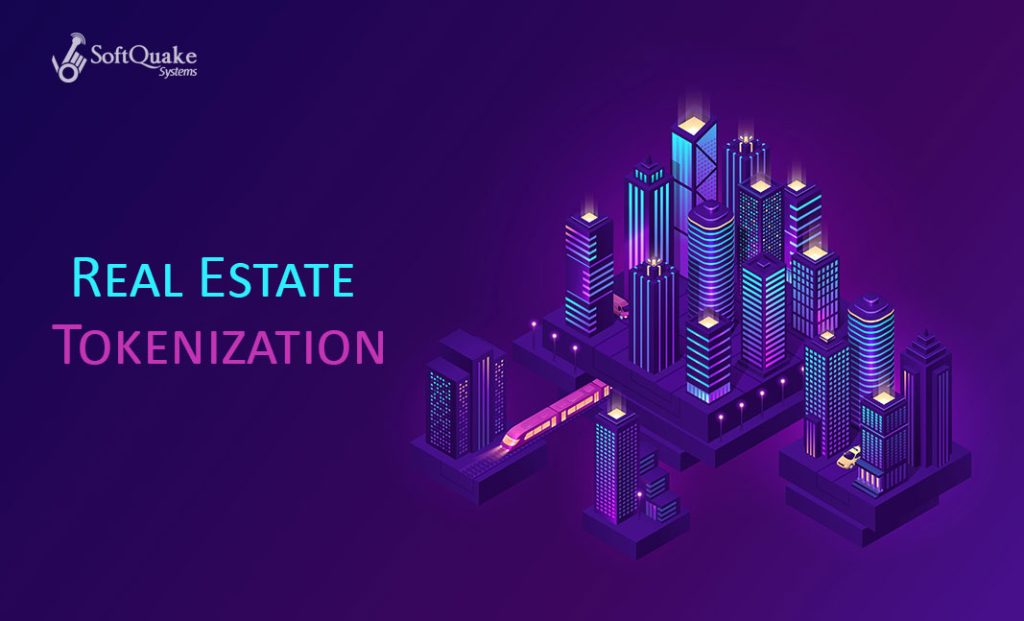
Real estate tokenization is the process of converting real estate ownership or investment into digital tokens stored on a blockchain. These tokens represent a share of the underlying property, allowing for:
- Fractional ownership: Break down expensive properties into smaller tokens, making them more accessible to a wider range of investors.
- Increased liquidity: Easier buying and selling of tokens on digital exchanges compared to traditional real estate transactions.
Advantages of Real Estate Tokenization:
- Liquidity: Tokenization enables fractional ownership, allowing investors to buy and sell smaller portions of real estate assets, increasing liquidity in the market.
- Accessibility: Tokenization lowers the barrier to entry for real estate investment, making it accessible to a wider range of investors.
- Efficiency: Blockchain technology streamlines the process of buying, selling, and managing real estate assets, reducing paperwork and administrative costs.
- Diversification: Investors can diversify their portfolios by investing in multiple real estate properties without the need for large capital outlays.
- Transparency: Blockchain provides transparent and immutable records of property ownership and transactions, reducing fraud and enhancing trust in the market.
Risks of Real Estate Tokenization:
- Regulatory Uncertainty: Regulatory frameworks around real estate tokenization are still evolving, leading to uncertainty and potential compliance issues.
- Security Concerns: As with any digital asset, real estate tokens are susceptible to hacking, theft, and other cybersecurity threats.
- Market Volatility: Tokenized real estate investments may be subject to market fluctuations, impacting the value of the underlying assets.
- Lack of Liquidity: While tokenization increases liquidity compared to traditional real estate investments, tokenized assets may still face liquidity constraints, especially in illiquid markets.
- Smart Contract Risks: Smart contracts used in real estate tokenization are vulnerable to bugs, coding errors, and legal ambiguities, which can lead to disputes and financial losses.
How to Tokenize a Real Estate Asset:
- Legal and Regulatory Compliance: Ensure compliance with applicable laws and regulations governing securities and real estate transactions.
- Asset Valuation: Conduct thorough due diligence and valuation of the real estate asset to determine its tokenization value.
- Tokenization Platform Selection: Choose a reliable tokenization platform or service provider that offers secure and compliant tokenization solutions.
- Smart Contract Development: Develop smart contracts that govern the issuance, transfer, and redemption of real estate tokens, ensuring transparency and security.
- Token Offering: Launch a token offering, marketing the investment opportunity to potential investors and issuing real estate tokens in exchange for investment.
Technical Challenges of Real Estate Tokenization:
- Scalability: Blockchain scalability issues, such as network congestion and transaction processing speed, can hinder the efficient tokenization of real estate assets.
- Interoperability: Lack of interoperability between different blockchain platforms and token standards may complicate the transfer and trading of real estate tokens.
- Data Privacy: Ensuring the privacy and confidentiality of sensitive real estate data stored on the blockchain presents technical challenges, particularly in compliance with data protection regulations.
- Oracle Integration: Real-time data feeds from external sources, such as property valuations and rental income, need to be securely integrated with smart contracts to ensure accurate asset pricing and performance tracking.
- Token Custody: Implementing secure custody solutions for real estate tokens to prevent theft, loss, or unauthorized access is a critical technical challenge.
Future of Tokenized Real Estate:
- Market Expansion: Tokenized real estate has the potential to democratize access to global real estate markets, allowing investors to diversify their portfolios with fractional ownership of properties worldwide.
- Increased Efficiency: Continued technological advancements in blockchain, smart contracts, and decentralized finance (DeFi) are expected to enhance the efficiency and transparency of real estate tokenization.
- Regulatory Clarity: Regulatory frameworks governing real estate tokenization are likely to evolve, providing greater clarity and confidence for investors and issuers alike.
- Innovation: Innovation in tokenization platforms, asset tokenization models, and investment structures is anticipated to drive further adoption and innovation in the real estate industry.
- Integration with DeFi: Integration of tokenized real estate assets with DeFi protocols, such as lending, borrowing, and liquidity mining, could unlock new avenues for value creation and capital efficiency.
Conclusion:
Real estate tokenization offers numerous advantages, including increased liquidity, accessibility, efficiency, and transparency. However, it also poses risks related to regulation, security, market volatility, and technical challenges. By addressing these challenges and leveraging technological advancements, tokenized real estate has the potential to reshape the real estate industry, democratize access to investment opportunities, and unlock new sources of value for investors and stakeholders alike.


 +91 8420731759
+91 8420731759
